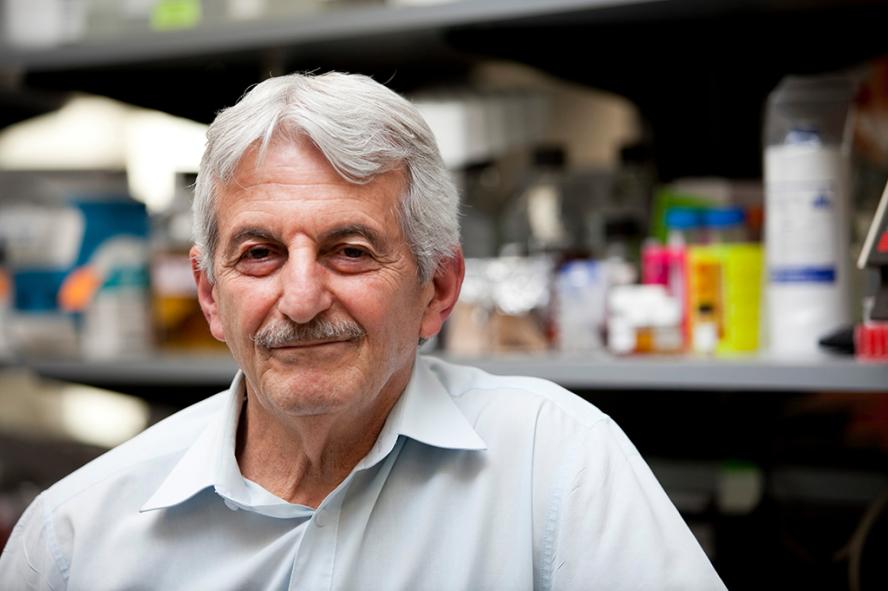-
About
- Leadership & Faculty
- News & Events
-
Academics
- Graduate
- Advanced Clinical Training
- Continuing Education
-
Student Life
-
Research
-
Hospitals & Clinics
- Emergency Care
- Hospital Services
-
Community Outreach
- Volunteer
Will the Novel Coronavirus Become Seasonal?
Distinguished professor Saul Tzipori explains how much we still have to learn about SARS-Co-2 infections and immunity.

Like most of us, the faculty and researchers at Cummings School have watched the COVID-19 pandemic develop and spread with a mixture of concern and curiosity.
While none of them were surprised to see a new virus spill over from animals to people, they still have lots of questions about how it’s infecting and affecting people worldwide—and what it will take to bring the U.S. and international outbreak under control.
We asked these experts to share what questions about COVID-19 they’d most like to be able to answer in the months ahead.
Distinguished professor of microbiology and infectious diseases Saul Tzipori directed a USAID-funded project at Cummings School on Emerging Pandemic Threats from 2009 to 2020. The Agnes Varis Chair in Science and Society, Tzipori investigates pathogens spread between animals and humans, such as cryptosporidiosis—a parasitic disease responsible for serious morbidity and mortality in children across the world.
“Many questions remain unanswered at this stage, and therefore the different models for disease scenarios, for now, are hypothetical,” said Tzipori. “Among the questions that only time and thorough investigations will reveal include whether SARS-Co-2 will become seasonal—and therefore if annual immunization will be required to ensure a significant portion of the population maintains a level of protection against severe disease at all times.
We also need to determine how long immunity will last after infection versus immunization. It will be catastrophic if it lasts less than one year.
It also remains to be seen whether infections and antibody responses against other human respiratory coronaviruses, which were found to be cross-protective with SARS CoV-1, are of some benefit to patients infected with SARS CoV-2. Since these coronaviruses are seasonal, I wonder whether humans who develop mild or subclinical infections with SARS-CoV-2 are benefiting from circulating antibody induced by seasonal coronavirus, as happens with the flu.”
Read more responses in our “Answers Needed About COVID-19” series from Janetrix Hellen Amuguni, Amanda Martinot, Felicia Nutter, Marieke Rosenbaum, Jonathan Runstadler, Abhineet Sheoran, Charles Shoemaker, Sam Telford, and Chris Whittier.
Department:
Dept. of Infectious Disease and Global Health